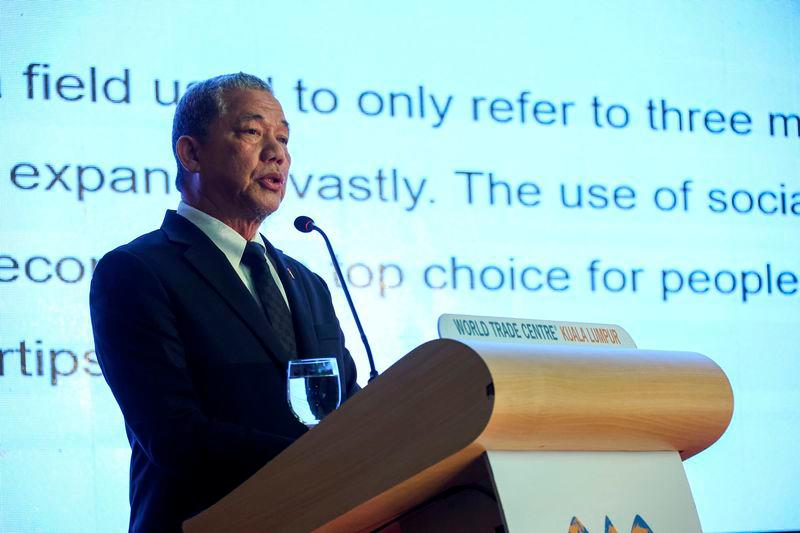KUALA LUMPUR: Malaysia’s cross-border renewable energy auction for Singapore’s energy importer, under Energy Exchange Malaysia (ENEGEM), will begin by year-end, Deputy Prime Minister Datuk Seri Fadillah Yusof said.
He explained that, through efforts to integrate regional power grids, the country aims to strengthen energy security across ASEAN member states.
“Further to the regional integrated grid, it can also serve as an economic catalyst in fostering regional cooperation through cross-border renewable energy trade.
“By sharing excess energy, the country can reduce reliance on fossil fuels while building an integrated ASEAN energy infrastructure,” he said in his opening address at the 2nd Sustainability Environment Asia (SEA) 2024.
Fadillah, who is also the Energy Transition and Water Transformation (PETRA) Minister, confirmed that coal-fired generation will be gradually phased out, with no new coal power plants to be established.
He cited the International Energy Agency’s clear stance that reducing coal dependency is crucial to limiting global warming and stressed Malaysia’s commitment to this objective.
“We will continue to enhance grid flexibility by investing in and developing smart grids, digitising the power system, and expanding energy storage systems.
“By 2035, we aim to increase grid flexibility by 20%, enabling greater integration of renewable energy sources,” he added.
Under the National Energy Transition Roadmap, the government aims to raise renewable energy’s contribution to Malaysia’s installed power capacity to 70% by 2050, up from the current 28%.
Meanwhile, he outlined plans to restructure Malaysia’s water services over the next decade in collaboration with the National Water Services Commission (SPAN) and the Malaysian Water Association.
“As of 2023, 97.1% of urban and rural areas had access to water supply, while sewerage services covered 86.9% of major cities.
“Malaysia aims for 98% rural clean water coverage and a 31% non-revenue water rate by 2025 through Integrated Water Resource Management (IWRM),” he said.
Malaysia remains committed to fostering a healthy environment, driving economic prosperity, and improving the quality of life for its people and future generations.
As the country strives toward its net zero carbon goal by 2050, it is vital to capitalise on every opportunity to navigate a sustainable transformation and embrace a circular economy.
“I invite businesses to partner with the government and explore all options for collaboration,” he added.









